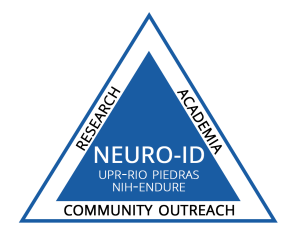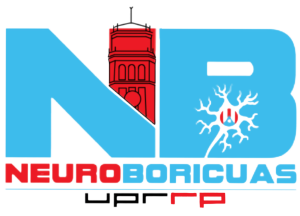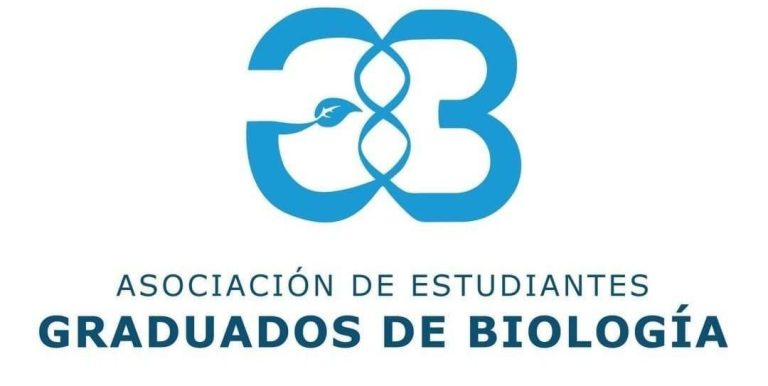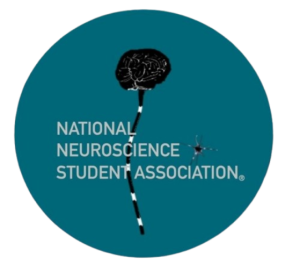
NeuroID
UPR-Rio Piedras
The NeuroID Program is designed to increase diversity in Neuroscience by providing opportunities to undergraduate students interested in this area. A comprehensive research experience based on an established research-with-purpose training philosophy that integrates research and community outreach activities, to enhance empathy, social responsibility and self-motivation skills. At the end, students will have the necessary research, academic and professional skills to succeed in a research career in neuroscience. These research experiences is over two years (junior and senior) where part of the research is under on-site mentors (in Puerto Rico) and summer research internships off-site (U.S.A) with collaborating institutions.

NeuroBoricuas
UPR-Rio Piedras
NeuroBoricuas is a student association that promotes research in Neuroscience, both in universities and K-12 schools. There are currently 13 Neuroboricuas chapters both in the various UPR Campuses and other universities such as Universidad Católica (Catholic university) and even some senior high schools: Centro Residencial de Oportunidades Educativas en Villalba (CROEV) University Gardens in San Juan, and Univeristy High School in Rio Piedras. Last year during the Society for Neuroscience Conference in Washington DC, our founder Dr. Christian Bravo-Rivera was given the Science Educator Award by the Dana Foundation thanks to his innovative initiative in creating NeuroBoricuas. Dr. Bravo Rivera and this program are inspiring and nurturing the next generation of neuroscientists in Puerto Rico.

AEGB
UPR-RIO PIEDRAS
The Asociación de Estudiantes Graduados de Biología (Graduate Biology Student Association) is a non profit student organization that seeks to connect various branches of biology in attempts to create a space where students are both seen and supported during their academic journey. The AEGB strengthens the ties between the biology department and the student body. It promotes scientific research within the graduate student community by organizing and leading activities where students, professors and other professionals in the field can converse in a safe and respectful environment.

